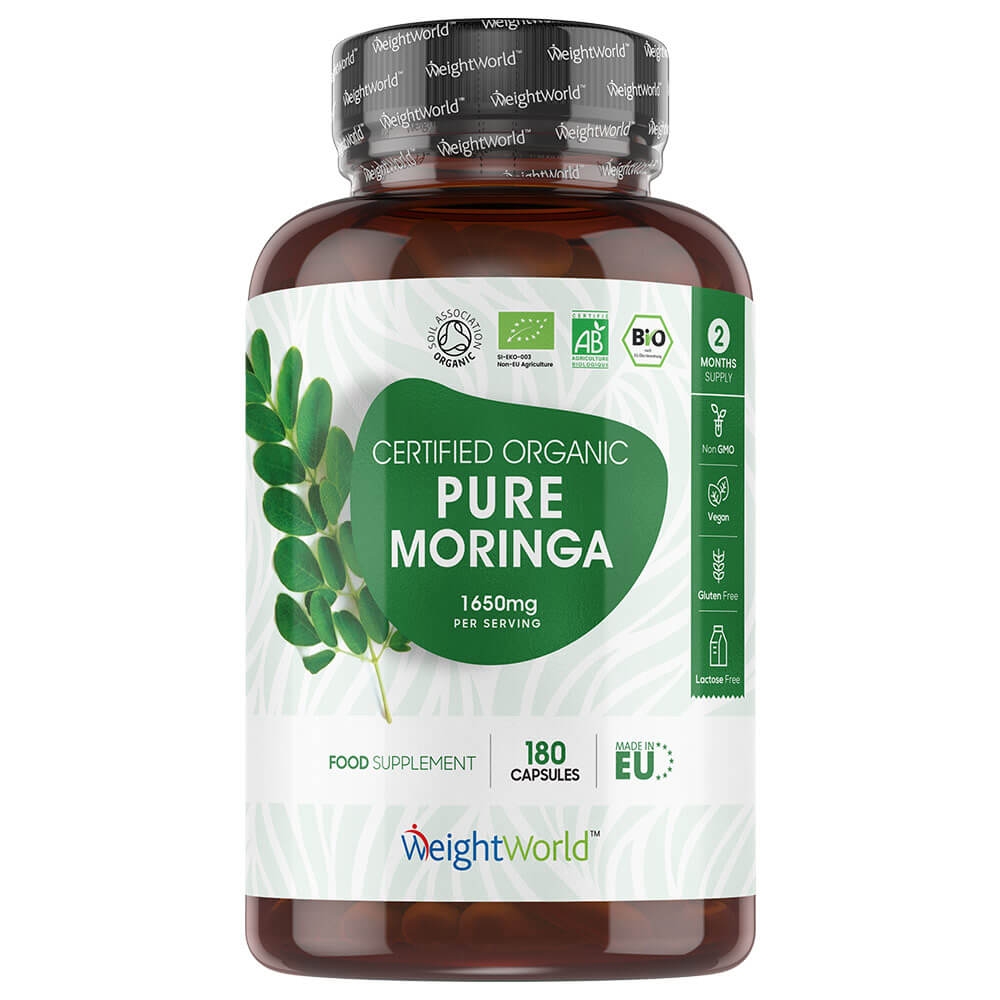Moringa powder has become a popular addition to many health routines, thanks to its impressive nutritional profile and versatility. Packed with vitamins, minerals, and antioxidants, this superfood offers a natural way to boost energy, support immunity, and promote overall well-being. However, if you’re new to moringa, you might be wondering how best to incorporate it into your daily life. Whether you prefer blending it into smoothies, brewing it as tea, or exploring other convenient ways like taking organic moringa capsules, there are plenty of simple and enjoyable ways to reap its benefits. Let’s explore how to take moringa powder to achieve the best results and make it a part of your healthy lifestyle.
What Is Moringa Powder?
Moringa powder is made by drying and grinding the nutrient-dense leaves of the moringa tree. Native to parts of India, Africa, and Asia, the moringa tree is often called the “miracle tree” due to its exceptional health benefits. The powder is rich in:
- Vitamins A, C, and E
- Iron, calcium, and potassium
- Essential amino acids
- Antioxidants like quercetin and chlorogenic acid
Beyond the powder form, moringa is also available in moringa leaf capsules and organic moringa capsules, making it easier for those who prefer quick, on-the-go options. With its mild, earthy flavour, moringa powder blends seamlessly into various recipes, from smoothies to soups.
Why Do I Need to Take Moringa Powder?
Incorporating moringa powder into your diet isn’t just a health trend—it’s a lifestyle upgrade. Here are a few reasons why you might want to consider adding it to your daily routine:
- Boosts Energy Naturally
Moringa’s rich nutrient content provides a natural energy boost without the crash associated with caffeine or sugary snacks. It’s a great way to stay energised throughout the day. - Supports Immune Health
Thanks to its high levels of vitamin C and antioxidants, moringa can bolster your immune system and help your body fight off infections. Studies have also revealed that moringa impacts your immune responses positively. - Promotes Healthy Digestion
Moringa contains fibre that supports gut health and aids digestion, making it ideal for those dealing with bloating or irregularity. - Balances Hormones
Many use moringa powder for its potential to regulate hormones, especially during menstruation or menopause. - Enhances Skin and Hair Quality
The vitamins and antioxidants in moringa nourish your skin and hair from within, promoting a radiant complexion and stronger strands.
Whether you choose moringa leaf capsules or the powder form, the benefits are plentiful.
How Can I Take Moringa Powder?
Moringa powder’s versatility makes it a convenient addition to your daily diet. Here are some of the easiest ways to enjoy it:
1. Mix It into Smoothies
Add a teaspoon of moringa powder to your favourite smoothie for a nutrient-dense breakfast or post-workout snack. It pairs wonderfully with fruits like bananas, mangoes, and berries.
2. Sprinkle on Meals
You can sprinkle moringa powder over salads, soups, or even pasta dishes to give your meals a nutritional upgrade. Its mild flavour means it won’t overpower your food.
3. Brew It into Tea
Make moringa tea by mixing the powder into hot water. Add a touch of honey or lemon for a soothing, antioxidant-rich drink.
4. Bake It into Recipes
Boost the health factor of your muffins, pancakes, or energy balls by incorporating a spoonful of moringa powder into the mix.
5. Take As Moringa Leaf Capsules
For those who prefer a no-fuss option, organic moringa capsules are a convenient alternative, providing the same benefits without the prep time.
Is Moringa Powder Safe to Take Daily?
Yes, moringa powder is generally safe for daily consumption. However, like any supplement, it’s essential to use it in moderation and consult your healthcare provider if you have any underlying conditions. Here’s what to keep in mind:
- Recommended Dosage: Start with 1 teaspoon (2–3 grams) per day and gradually increase the amount as your body adjusts. If you’re using moringa leaf capsules, follow the dosage instructions on the packaging.
- Potential Side Effects: In rare cases, consuming too much moringa powder may cause mild digestive issues like nausea or diarrhoea. Stick to the recommended dose to avoid discomfort.
When Should I Take Moringa Powder?
The timing of your moringa intake depends on your personal goals:
- Morning: Take moringa in the morning for an energy boost and to kick-start your metabolism. A smoothie or tea with moringa powder can set a healthy tone for the day.
- Afternoon: If you need an energy pick-me-up, adding moringa to your lunch or having a capsule with your meal can help you power through the rest of the day.
- Evening: For those aiming to balance hormones or improve digestion, moringa taken after dinner might be beneficial.
If you’re using organic moringa capsules, they’re perfect for any time of day due to their convenience and portability.
Conclusion
Moringa powder is a powerhouse of nutrients that can elevate your health and wellness journey. Whether you’re looking to improve your energy levels, support your immune system, or enhance your skin and hair, moringa is a natural, versatile solution. You can enjoy its benefits in powder form or opt for moringa leaf capsules for added ease.
By incorporating this superfood into your routine, you’re not just nourishing your body – you’re investing in long-term vitality. So why not give moringa powder a try and experience its goodness for yourself? After all, a little green in your day can go a long way.

